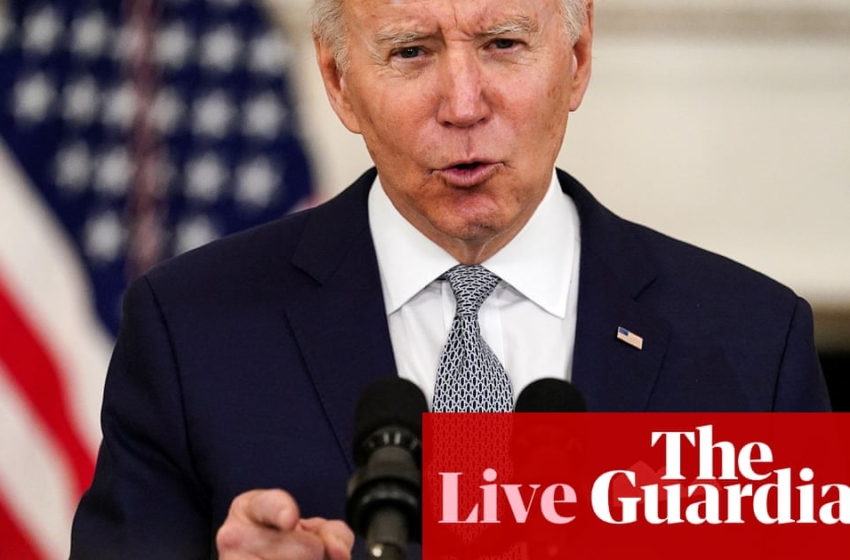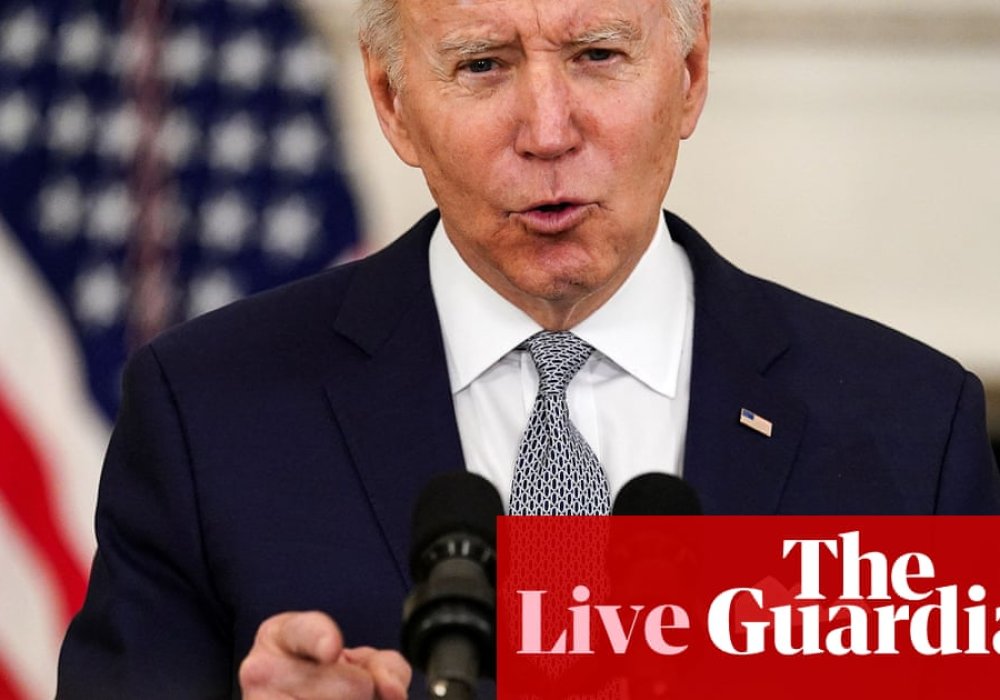The arguments in the two cases come at a time of surging coronavirus cases because of the Omicron variant, and the decision Friday by seven justices to wear masks for the first time while hearing arguments reflected the new phase of the pandemic.
Justice Sonia Sotomayor, a diabetic since childhood, didn’t even appear in the courtroom, choosing to remain in her office at the court and take part remotely. Two lawyers, representing Ohio and Louisiana, argued by telephone after recent positive Covid-19 tests, state officials said.
But the Covid circumstances did not appear to outweigh the views of the court’s six conservatives that the administration overstepped its authority in its vaccine-or-testing requirement for businesses with at least 100 employees.
“This is something the federal government has never done before,” the chief justice, John Roberts, said, casting doubt on the administration’s argument that a half-century established law, the Occupational Safety and Health Act, confers such broad authority.
Roberts and the two newest justices, Brett Kavanaugh and Amy Coney Barrett, who were selected by Donald Trump, probably hold the key to the outcome in both cases, as they have been more receptive to state-level vaccine requirements than the other three conservative justices.
Barrett and Kavanaugh also had tough questions for solicitor general Elizabeth Prelogar, the administration’s top supreme court lawyer.
The court’s three liberal justices suggested support for the employer rule. Justice Elena Kagan, who was previously solicitor general, said officials have shown “quite clearly that no other policy will prevent sickness and death to anywhere like the degree that this one will.”
And justice Stephen Breyer said he found it “unbelievable” that it could be in the “public interest” to put that rule on hold. He said that on Thursday there were some 750,000 new cases in the country and that hospitals are full.
Beginning Monday, unvaccinated employees in big companies are supposed to wear masks at work, unless the court blocks enforcement. Testing requirements and potential fines for employers don’t kick in until February.
Legal challenges to the policies from Republican-led states and business groups are in their early stages, but the outcome at the high court probably will determine the fate of vaccine requirements affecting more than 80 million people.










